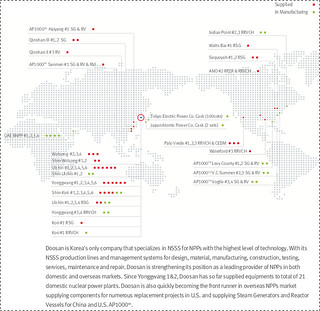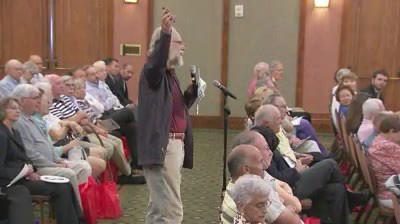Georgia Sierra Club’s Seth Gunning batted away Georgia Power’s proposed solar tax, which would charge about $22 a month for many new home solar installations. GA PSC needs to call Georgia Power’s proposal out, because it was a bad idea when Dominion Power did it in Virginia, and it would be a worse idea here in sunny Georgia. Besides, Austin Energy already established that the purported basis for such a solar tax is nonsense: actually, utilities should be paying more for home solar power because of the benefits they receive.
Jonathan Shapiro wrote for WABE yesterday, Georgia Power’s Proposed Solar Tariff Scrutinized,
The company is proposing an average tariff of about $22 per month for new home solar systems that aren’t a part of Georgia Power-sponsored solar initiatives.
Company officials argue the tariff is necessary because most solar users still require the power grid as a back-up when the sun isn’t shining. As solar use spreads, the company stands to collect less revenue from those customers. What doesn’t change is the cost to maintain the grid. Georgia Power says non-solar customers shouldn’t have to bear all the costs.
“We don’t want to contribute to the problem of shifting costs so before we do that we very much prefer to get these tariffs right so all customers benefit,” said Roberts.
PSC Chairman Chuck Eaton wondered if the tariff is about making up for lost revenue, why not consider new fees for any number of energy efficiency measures.
“What makes solar unique?” asked Eaton. Continue reading













